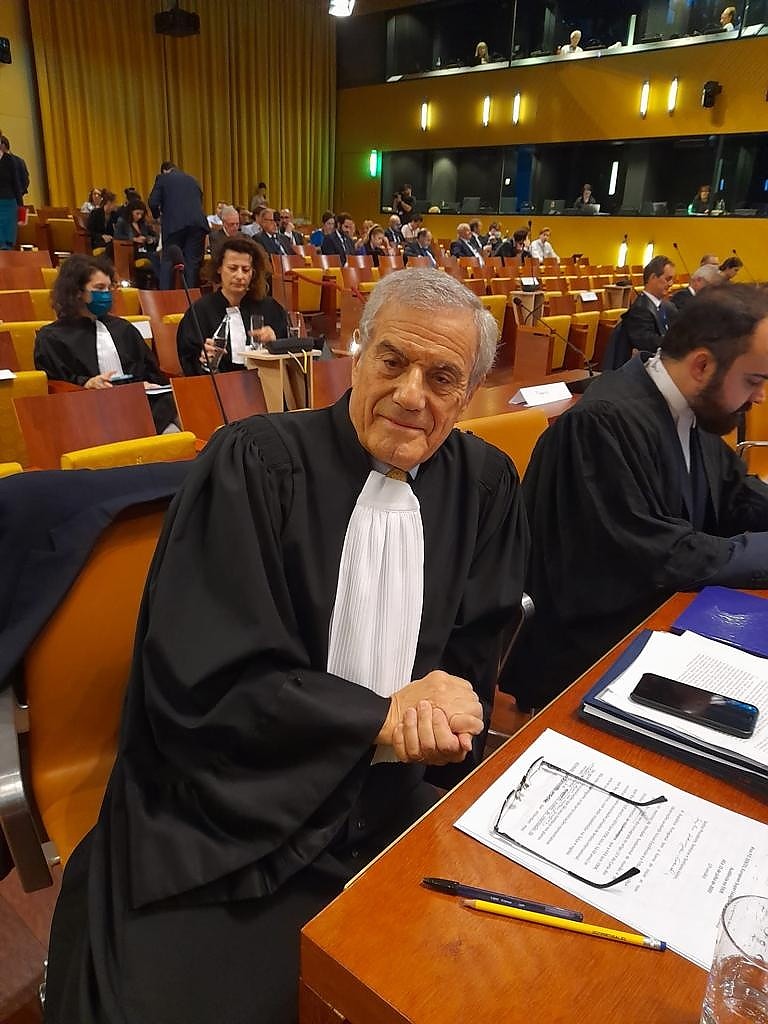News Publications
José Luís da Cruz Vilaça represents the Portuguese Republic in the hearing before the CJEU in the case of the European Super League
On 11 and 12 July, José Luís da Cruz Vilaça, Managing Partner at CVA and former judge at the Court of Justice of the European Union (CJEU), intervened on behalf of the Republic of Portugal in the hearing of case European Super League Company (C-333/21) before the CJEU (Luxembourg).
The case concerns a preliminary ruling request from the Madrid Commercial Court, in the context of a lawsuit filed by the Super League. The applicant seeks a declaration that, by preventing the organisation of the European Super League, FIFA and UEFA engaged in concerted practices and abused their dominant position in the market for the organisation of international club football competitions in Europe and the market for the marketing of the rights associated with such competitions.
The Super League consists in an alternative project outside the scope of competitions organised by FIFA and UEFA, initially composed by the following clubs: Arsenal, Chelsea, Liverpool, Manchester City, Manchester United, Tottenham, Atletico Madrid, Real Madrid, Barcelona, AC Milan, Juventus e Inter Milan. This was set to be a closed league, in which the founding clubs would always have their participation ensured regardless of their performance in their respective national leagues.
In the hearing before the CJEU, in addition to the parties in the main proceedings and the European Commission, twenty-one Member States intervened in support of UEFA and FIFA’s position, especially in what concerns the “European Sports Model”.
The Portuguese Republic’s delegation, composed by the Legal Service of the Directorate-General for European Affairs (DGAE) and by José Luís da Cruz Vilaça, affirmed the importance of the European Sports Model, as it is recognised by the European institutions and in the CJEU’s case-law. Thus, EU law and its competition law rules do not oppose the pre-authorisation system set out by FIFA and UEFA and the imposition of sanctions, provided that the proportionality principle is respected. Furthermore, it was emphasised that the Super League does not comply with the fundamental principles underlying the European Sports Model and that it may be in breach of the competition law provisions enshrined in the Treaty.
The case has triggered media attention and the hearing was highly covered by the international press (such as BBC, Politico or El País).
Following the hearing, the Advocate-General will deliver his opinion on 15 December. The Court’s judgment is expected next year.
